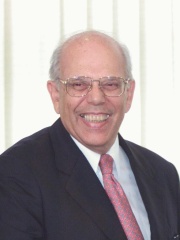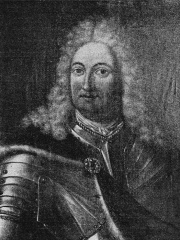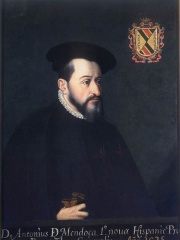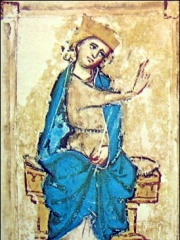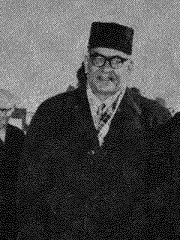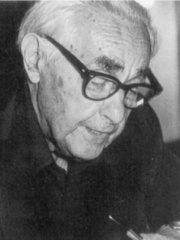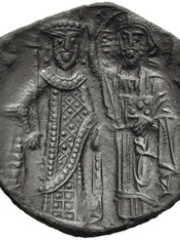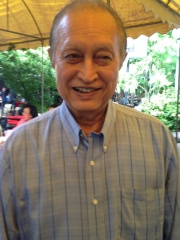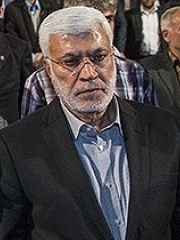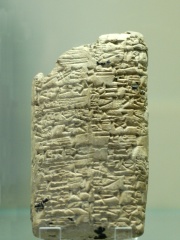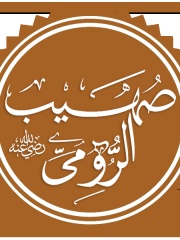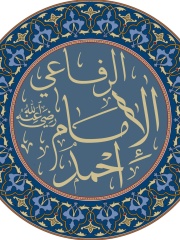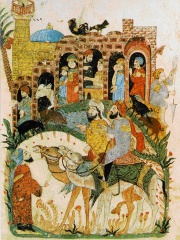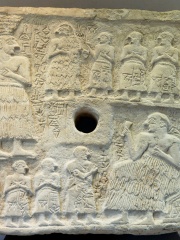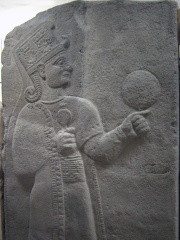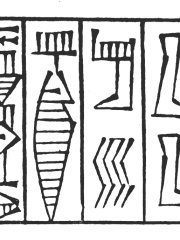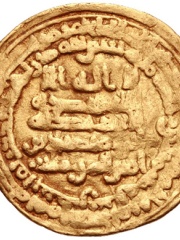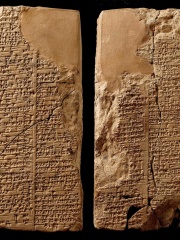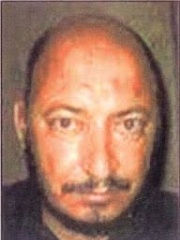Político
Bethuel
PT.WIKIPEDIA PAGE VIEWS (PV)
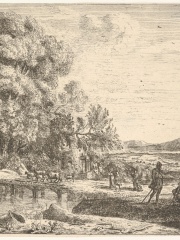
 Bethuel
Bethuel
Sua biografia está disponível em 25 idiomas na Wikipédia (aumento em relação a 24 em 2024). Bethuel é o 7206º político mais popular (subiu do 7233º em 2024), a 190ª biografia mais popular do Iraque (subiu do 195ª em 2019) e o 126º político mais popular do Iraque.
Memorability Metrics
Page views of Bethuel by language
Among Políticos
Among políticos, Bethuel ranks 7,206 out of 19,576. Before him are Jorge Batlle, Emperor Junnin, Frederick Casimir Kettler, Antonio de Mendoza, Margaret Sambiria, and Feroz Khan Noon. After him are Samuel Noah Kramer, Lucius Verginius Rufus, Manuel Doukas, Jonas Gahr Støre, Suchinda Kraprayoon, and James Graham, 1st Marquess of Montrose.
Most Popular Políticos in Wikipedia
Go to all RankingsJorge Batlle
1927 - 2016
HPI: 63.97
Rank: 7,203
Emperor Junnin
733 - 765
HPI: 63.97
Rank: 7,204
Frederick Casimir Kettler
1650 - 1698
HPI: 63.97
Rank: 7,205
Antonio de Mendoza
1494 - 1552
HPI: 63.97
Rank: 7,206
Margaret Sambiria
1230 - 1282
HPI: 63.97
Rank: 7,207
Feroz Khan Noon
1893 - 1970
HPI: 63.97
Rank: 7,208
Bethuel
HPI: 63.97
Rank: 7,209
Samuel Noah Kramer
1897 - 1990
HPI: 63.96
Rank: 7,210
Lucius Verginius Rufus
14 - 97
HPI: 63.96
Rank: 7,211
Manuel Doukas
1187 - 1241
HPI: 63.96
Rank: 7,212
Jonas Gahr Støre
1960 - Present
HPI: 63.96
Rank: 7,213
Suchinda Kraprayoon
1933 - 2025
HPI: 63.96
Rank: 7,214
James Graham, 1st Marquess of Montrose
1612 - 1650
HPI: 63.96
Rank: 7,215
In Iraque
Among people born in Iraque, Bethuel ranks 190 out of NaN. Before him are Abu Mahdi al-Muhandis (1954), Al-Hakim I (1247), Rimush (null), Samsu-Ditana (-1700), Suhayb ar-Rumi (587), and Ahmad al-Rifaʽi (1118). After him are Al-Hariri of Basra (1054), Ur-Nanshe (-2500), Kubaba (-2500), Muḥammad ibn Ibrāhīm al-Fazārī (746), Abu'l-Barakāt al-Baghdādī (1080), and Dudu of Akkad (-2300).
Others born in Iraque
Go to all RankingsAbu Mahdi al-Muhandis
POLITICIAN
1954 - 2020
HPI: 64.15
Rank: 184
Al-Hakim I
POLITICIAN
1247 - 1302
HPI: 64.12
Rank: 185
Rimush
POLITICIAN
HPI: 64.11
Rank: 186
Samsu-Ditana
POLITICIAN
1700 BC - 1600 BC
HPI: 64.03
Rank: 187
Suhayb ar-Rumi
RELIGIOUS FIGURE
587 - 659
HPI: 64.00
Rank: 188
Ahmad al-Rifaʽi
RELIGIOUS FIGURE
1118 - 1182
HPI: 63.99
Rank: 189
Bethuel
POLITICIAN
HPI: 63.97
Rank: 190
Al-Hariri of Basra
WRITER
1054 - 1122
HPI: 63.82
Rank: 191
Ur-Nanshe
ARCHITECT
2500 BC - 2500 BC
HPI: 63.71
Rank: 192
Kubaba
POLITICIAN
2500 BC - 2400 BC
HPI: 63.64
Rank: 193
Muḥammad ibn Ibrāhīm al-Fazārī
MATHEMATICIAN
746 - 806
HPI: 63.63
Rank: 194
Abu'l-Barakāt al-Baghdādī
PHILOSOPHER
1080 - 1165
HPI: 63.32
Rank: 195
Dudu of Akkad
POLITICIAN
2300 BC - 2200 BC
HPI: 63.29
Rank: 196
Among Políticos In Iraque
Among políticos born in Iraque, Bethuel ranks 126. Before him are Ibrahim al-Jaafari (1947), Ayad Allawi (1944), Abu Mahdi al-Muhandis (1954), Al-Hakim I (1247), Rimush (null), and Samsu-Ditana (-1700). After him are Kubaba (-2500), Dudu of Akkad (-2300), Muhammad ibn Tughj al-Ikhshid (882), Alulim (null), Abu Omar al-Baghdadi (1959), and Shalmaneser IV (-900).
Ibrahim al-Jaafari
1947 - Present
HPI: 64.23
Rank: 120
Ayad Allawi
1944 - Present
HPI: 64.22
Rank: 121
Abu Mahdi al-Muhandis
1954 - 2020
HPI: 64.15
Rank: 122
Al-Hakim I
1247 - 1302
HPI: 64.12
Rank: 123
Rimush
HPI: 64.11
Rank: 124
Samsu-Ditana
1700 BC - 1600 BC
HPI: 64.03
Rank: 125
Bethuel
HPI: 63.97
Rank: 126
Kubaba
2500 BC - 2400 BC
HPI: 63.64
Rank: 127
Dudu of Akkad
2300 BC - 2200 BC
HPI: 63.29
Rank: 128
Muhammad ibn Tughj al-Ikhshid
882 - 946
HPI: 63.07
Rank: 129
Alulim
HPI: 63.04
Rank: 130
Abu Omar al-Baghdadi
1959 - 2010
HPI: 62.83
Rank: 131
Shalmaneser IV
900 BC - 772 BC
HPI: 62.74
Rank: 132
